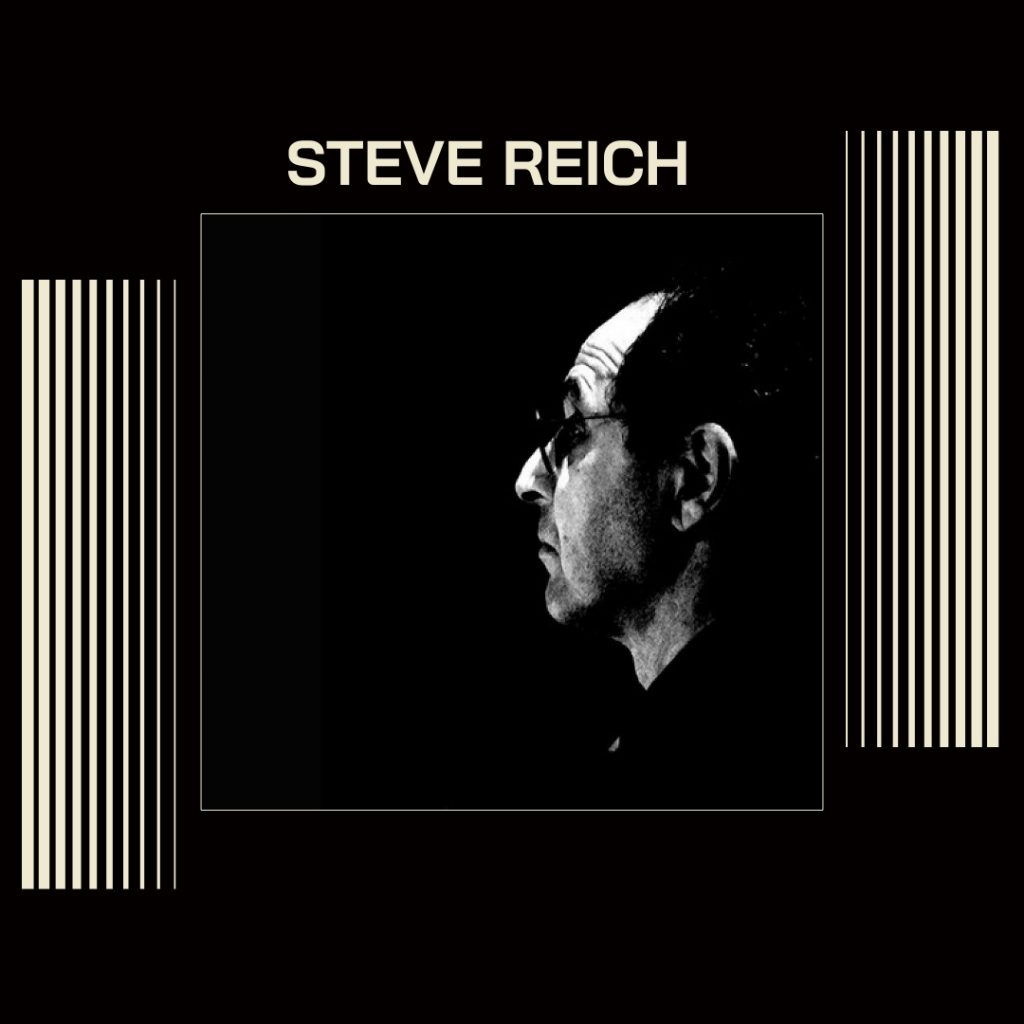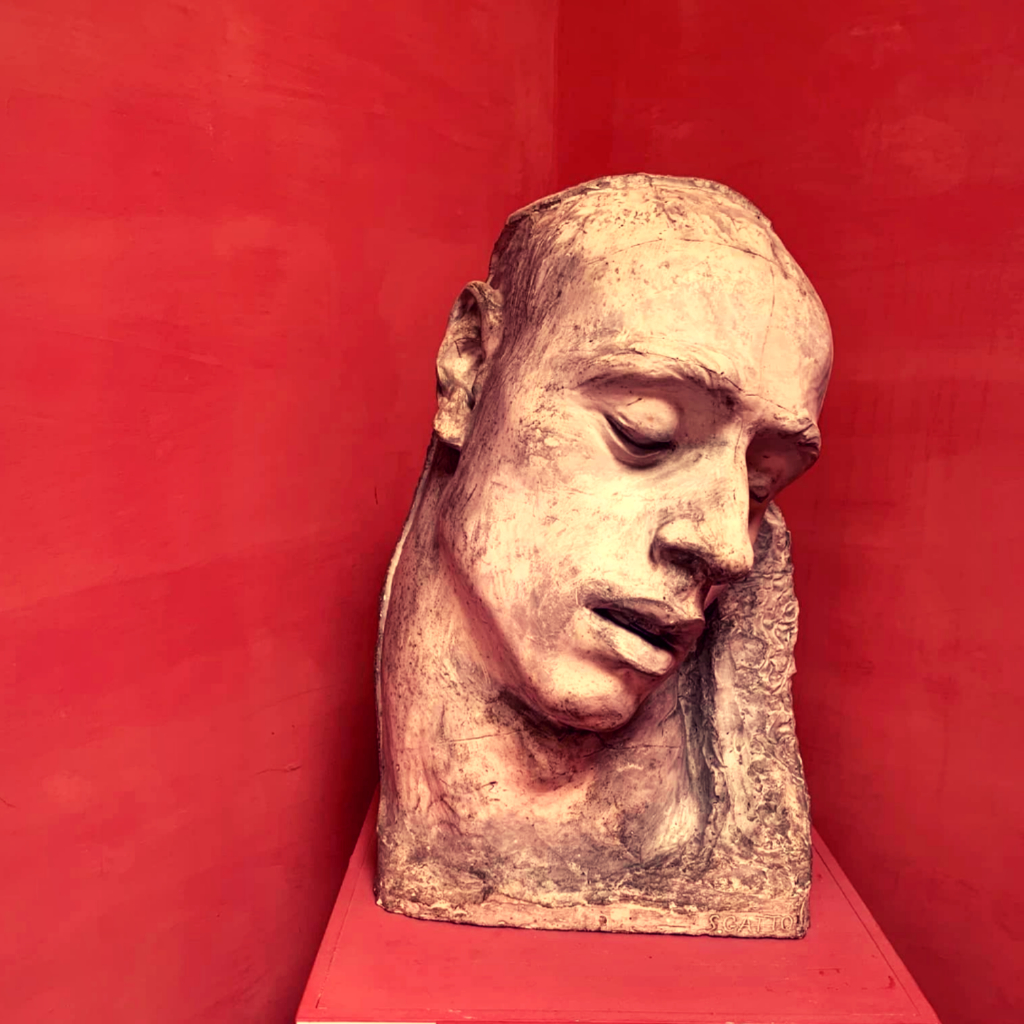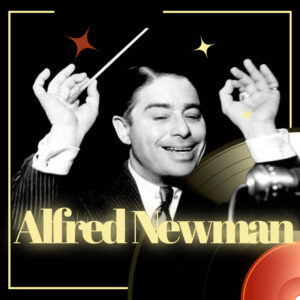
January, which for many people is associated with the International Holocaust Remembrance Day, in the schedule of concerts on the official website of this outstanding composer is marked by the performance of a special work.
10th and 29th January 2023, in Canada and the United States (Prince George Symphony Orchestra, Michael Hall, Hart Community Center, Prince George, and the Seattle Symphony Musicians, Benaroya Hall, Seattle, WA) will play Different Trains by Steve Reich.
One of Reich’s symbolic works was Different Trains (1988), a monument to the victims of the Holocaust: Reich contrasts the trains of his childhood, on which he crossed USA more than once, by others who sent European children to concentration camps. The composition was written for a string quartet and a phonogram, which includes the sound of wheels, locomotive whistles, voiced stories of Holocaust survivors. Fragments of human speech, recorded with notes, became the basis of instrumental parts; here Reich’s creative method reached a new level.
In 1990, the Kronos Quartet’s recording of “Different Trains” won a Grammy. The second “Grammy” Reich in 1999 brought the recording of “Music for 18 musicians.”
Ten years later, Reich was awarded the Pulitzer Prize for writing The Double Sextet. In 2007, the Royal Swedish Academy of Music awarded Reich the Polar Music Prize, a kind of Nobel Prize in music. Among the performers of Reich’s music are conductors Michael Tilson Thomas, Zubin Mehta, David Robertson, Leonard Slatkin, Peter Eötvös, Reinbert de Leeuw.
I discovered that the most interesting music of all was made by simply lining the loops in unison, and letting them slowly shift out of phase with other.
All great music is contemporary. If it’s still alive and kicking, then it’s contemporary. If it fades away, it was a period piece. It had its moment, and that was it.
I don’t care how much people understand what it is that I’m doing, except if they’re players in my ensemble or other ensembles. I just want people to be moved by the music. If you’re not moved by the music, then everything else falls away. You’re not interested in the text, you’re not interested in how it was done, and you’re not interested in interviewing the composer and all the rest of it.
I write music, and I want people to listen to it and care about it and have it make some difference in their lives. When I’m fortunate for that to happen, then of course I feel very, very good about it.
It’s very important for any artist, in any field, to take their own temperature and check out their own energy, and see what it is they ought to be doing to keep the energy up. Because if your energy is not up, you’re going to come up with some really dreary piece of work that no one’s going to enjoy.
In serial music, the series itself is seldom audible… What I’m interested in is a compositional process and a sounding music that are one in the same thing.
All music does come from a time and place. I was born and raised in New York. I moved out of New York, but it’s inside of me and it will be inside of me until they put me in a box in the ground.
As a matter of fact, I personally would much rather hear Perotin than Mozart.
I’m not making any absurd comparisons between myself and Bach, but I aspire to that, that my music will have the legs to survive whatever context it finds itself in.
Up to the age of 14 I had not heard a note of anything before 1750, never heard a note of Bach, never heard anything after Wagner, and never heard any real jazz.
I’ve learned over the years that geography is not that important, except that I seem to work better in the country than the city. I get more done. There’s just less happening around me, and I have more time and concentration to work on music.
In the pop world, instead of saying I want to get an album by such and such a group, it’s I like this particular tune and that one I like less. I think it’s much better to get involved with an artist instead of riding up and down the works you like and disregard the works you don’t like.



